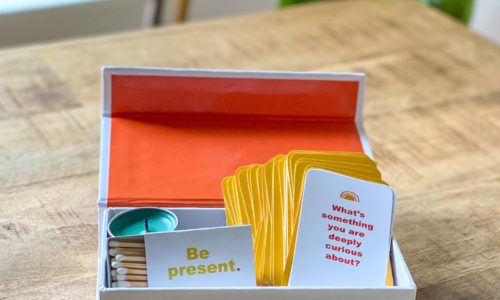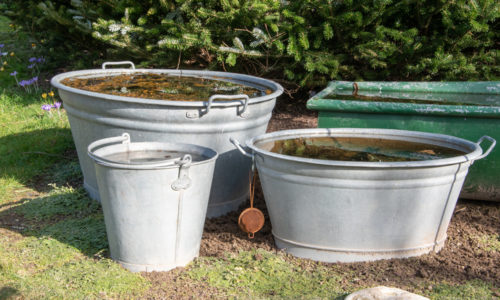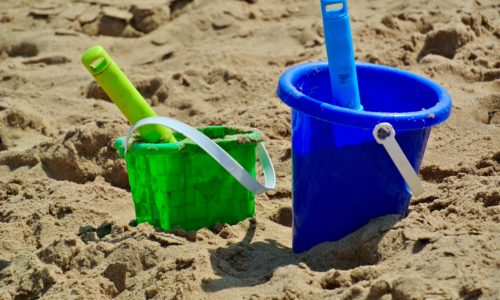How curious is your household? Do you ask lots of questions? Are you always reading something new and talking about it? Do you have lots of intriguing objects, articles, magazines, puzzles lying around? Do you wonder out loud about the world around you? Take my Curiosity Quiz to assess how your growing curiosity at home.
It’s the curious people who will thrive in the future as we move more to automation and AI. Plus, curiosity is good for your brain – literally. Check out the science that proves the physical value of curiosity.
Parents get to claim the role of key instigators of curiosity in their children’s lives. By creating a household that fuels curiosity, you have the power to send your children into a life of learning, deeper relationships and joy.
More important than the physical environment in which you live is the way you live your life. You are the best carrier of curiosity for your children. When they see you living life as a learner – making mistakes, asking excellent questions, and pursuing new ideas and knowledge, they adopt the same strategies.
Use the dinner table as your curiosity station. Talk about the food, where it came, from what spices and flavors you detect. Share stories of problems you encountered in your day and how you plan to solve them. Find out what burning questions your children have and set out as a family to discover the answers. Keep a box of questions out. My family uses these Table Topics regularly.
In this Google age when you don’t have to work very hard to get your questions answered, curiosity gets dulled. Combine that with schools that contain curiosity rather than setting it wildly free, and we’ve got a curiosity crisis brewing.
Why does this matter?
Because the opposite of curiosity is apathy and apathy is the beginning of moral decline. Therein lies my sense of urgency around curiosity and keeping it alive.
It’s as if our lives are depending on it. Because they are.


